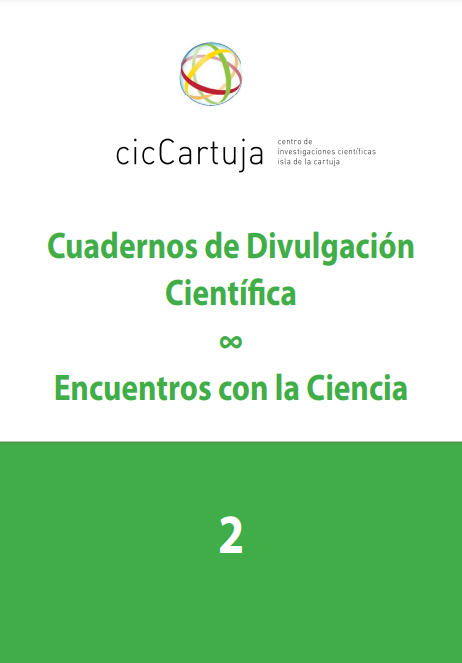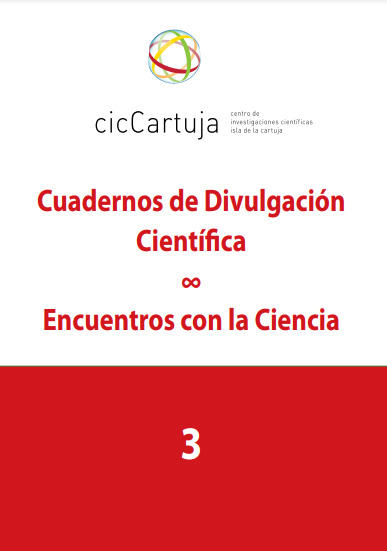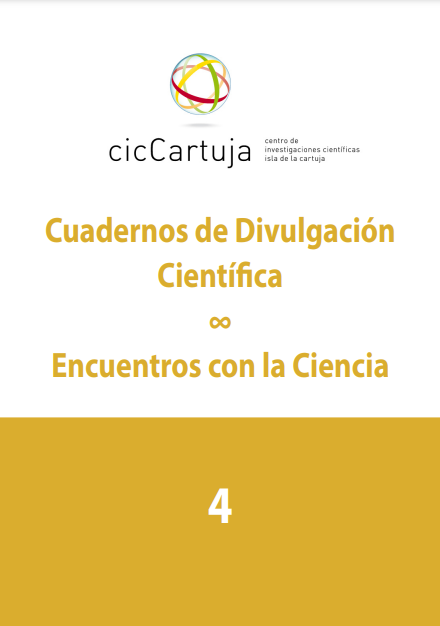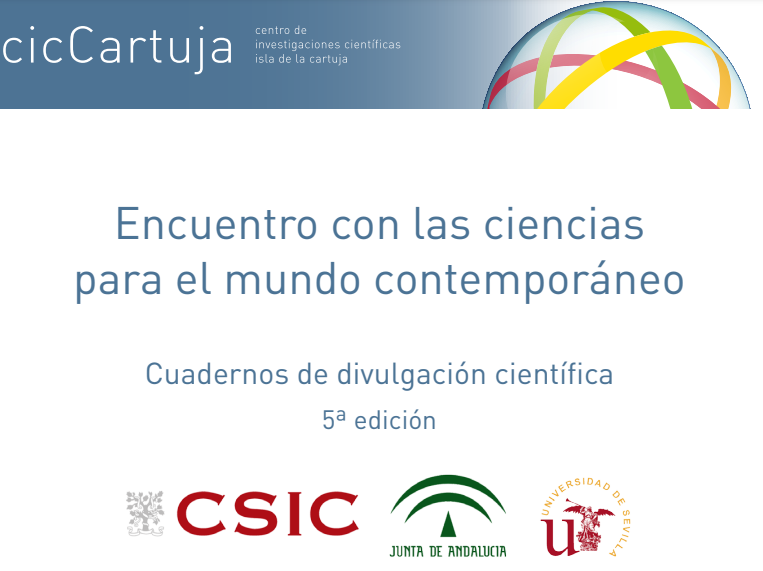Archive
Colloquium “Evil chemistry a debate against chemophobia”
In the course of this colloquium-round table, many of the clichés associated with chemistry were questioned, given that in recent years a strong current has developed in the media that tends to identify the term “chemistry” with the artificial and, therefore, with the opposite of the natural, ecological or organic.
This false dichotomy ‘artificial-natural’ is the one that is attributing an unjustified halo of ‘evil’ to chemistry, obviating that without its contribution in so many areas of our daily life, humanity would not have reached the hope and quality of life that we enjoy today.
Nanotechnology & Health Colloquium
The irruption of nanotechnology in the health sciences has given rise to a new discipline, Nanomedicine, which is emerging as the biggest revolution in the treatment of disease to date. This new discipline is shaping up to be the biggest revolution in the treatment of diseases to date. But where exactly are we at this point?
At what point are the practical applications of nanotechnology? What do nanomedicines look like? To what extent will nanomedicine affect traditional medical practice? How much is science and how much is fiction? Is nanotechnology already incorporated into the arsenal of drug discovery and improvement tools of multinational pharmaceutical companies? Are health-enhancing nanoproducts already on the market? What is the current legislation concerning the commercialization of a nanomedicine? What are the ethical issues related to nanomedicine research.
Science for the contemporary world
The Centro de Investigaciones Científicas Isla de la Cartuja (cicCartuja), in collaboration with the Centro de Profesorado de Sevilla (CEP-Sevilla), is organizing informative talks as part of Science and Technology Week.
The talks, which address specific aspects of biology and materials science from an ecological perspective, will be given by scientists from the Institute of Plant Biochemistry and Photosynthesis (IBVF), the Institute of Materials Science of Seville (ICMS) and the Institute of Chemical Research (IIQ), all of which are affiliated with cicCartuja.
The activity is open to the general public, not specialized in scientific topics. It may be of particular interest to university and high school students, as well as secondary and high school teachers.
Notebooks
In addition to making visible the work of the researchers of our Institutes and the results of their research, the CicCartuja Science Outreach Notebooks were created with the objectives of making science known through its protagonists, promoting general scientific culture and encouraging research vocations.
The Notebooks include summaries of the talks given during the Science and Technology Week by researchers from the Institutes to high school students taking the subject “Science for the Contemporary World”. The Notebooks are available for downloading.
In addition to making visible the work of the researchers of our Institutes and the results of their research, the CicCartuja Scientific Dissemination Notebooks are born with the objectives of bringing science through its protagonists, promoting general scientific culture and encouraging research vocations.
The Notebooks include summaries of the talks given during the Science and Technology Week by researchers from the Institutes to high school students taking the subject “Science for the Contemporary World”. The Notebooks are available for downloading.
Sample of photos at nanofunc
As a novelty of the twelfth edition of Science Week, cicCartuja included in its program of activities an exhibition of scientific photography, entitled “Electron microscopy: an art form”. This exhibition was held in the cicCartuja hall from November 12 to 16, 2012, and was coordinated by Asunción Fernández Camacho, researcher at the Institute of Materials Science of Seville (ICMS) and head of the Al-NanoFunc Network (dedicated to the international study of functional nanomaterials).
The sample displayed a set of images obtained by electron microscopy techniques. These micrographs corresponded to materials with various functionalities: from catalysts to optical devices, including sensors for different substances. These materials were previously prepared by scientists (mostly from ICMS) as part of their research work. The micrographs on display, retouched and colored for artistic purposes, were selected on the basis of their appearance and the relevance of the material they represented.
Informative talks
The core of the activities proposed by cicCartuja for Science Week are the informative talks and guided tours, which take place in the auditorium of the Center. During these days, various school groups come to cicCartuja to learn about the studies carried out at its three Institutes: the Institute of Plant Biochemistry and Photosynthesis (IBVF), the Institute of Materials Science (ICMS) and the Institute of Chemical Research (IIQ).
Materials science in historical and artistic heritage, regulatory mechanisms that improve crop production, fundamental enzymes in the translation of the genetic message with very interesting applications in Synthetic Biology, development of new drugs, plasma technology and its applications, plastic materials to ensure the future of our welfare and the use of hydrogen as a sustainable fuel are some of the topics covered in these meetings.
After the talks, the students tour the cicCartuja facilities, where they discover the work carried out in the laboratories. In addition, the students receive a copy of the Scientific Dissemination Notebooks cicCartuja: Encounters with Science, now in its fifth edition. This publication contains the contents of the talks given during Science Week, which are sure to be useful for both teachers and students, who will see the contents of the booklets expanded contents covered in the subject “Science for the contemporary world”.



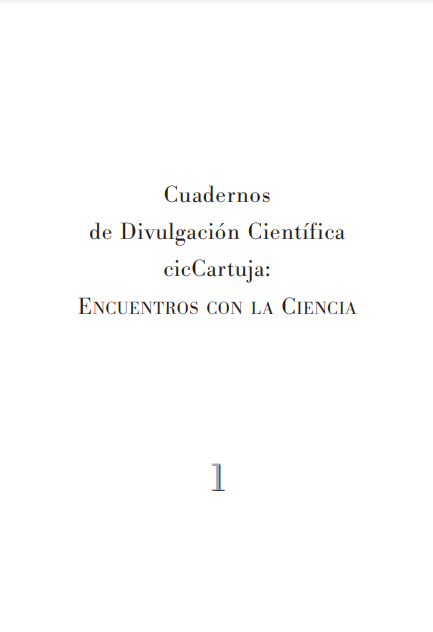 Cuadernos 2009
Cuadernos 2009